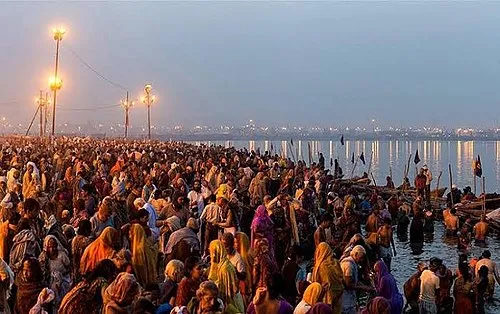
Celebrating Liberation Day in Togo: A Journey to Freedom
Togo, a small yet vibrant nation in West Africa, commemorates its Liberation Day on August 26th each year. This significant event marks the end of a long struggle for independence and self-determination. It is a day filled with national pride, cultural displays, and reflections on the country's history.
The Historical Context
Togo gained independence from French colonial rule on April 27, 1960. However, the fight for liberation was not limited to this date alone. Before its colonial era, Togo was inhabited by various ethnic groups such as the Ewe, Kabiye, and Tem, each with its own rich traditions and history. The colonial period marked a significant turning point, as the native populations faced oppression and exploitation.
Understanding Liberation Day
Liberation Day, celebrated on August 26, marks the day Togo established its first republic in 1960 under the leadership of Sylvanus Olympio. This day is a reminder of the collective efforts of Togolese people who fought for their freedom from colonial powers. The observance of Liberation Day involves various ceremonies and activities that underscore the commitment to national unity and social progress.
Festivities and Celebrations
The celebrations on Liberation Day embody the spirit of Togolese culture. The day typically begins with a national address by the President, highlighting the country's achievements, challenges, and the path forward. Following this, parades featuring traditional dances, music, and colorful attire fill the streets as citizens come together to celebrate their national identity.
Many towns and cities host various events, including sports competitions, cultural exhibitions, and community feasts. The emphasis on showcasing local traditions serves as both a celebration of heritage and a reminder of the struggles endured to attain freedom. Liberation Day is a heartfelt tribute to the sacrifices made by past generations for the liberties enjoyed today.
Significance of Liberation Day
Beyond being a public holiday, Liberation Day serves a deeper purpose in Togo’s societal fabric. It is a day for reflection on the ideals of democracy, self-governance, and national unity. Citizens are encouraged to engage in discussions about the future of Togo, focusing on peace, stability, and development.
Moreover, the day urges Togolese people to honor those who lost their lives in the fight for freedom, ensuring their legacy lives on in the hearts of the nation. The observance serves as a powerful reminder of the importance of preserving sovereignty and fostering a spirit of accountability among leaders and citizens alike.
Conclusion
As Togo observes Liberation Day each August 26th, the event not only commemorates its distance from colonial powers but also reinforces the resolve of its people to strive for a better future. It stands as a potent symbol of freedom, self-determination, and unity, ensuring that the journey toward a prosperous Togo continues. This day is not just a celebration of the past but also a commitment to the nation's collective aspirations.






